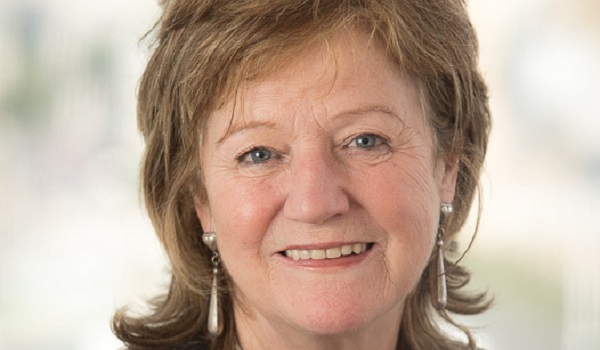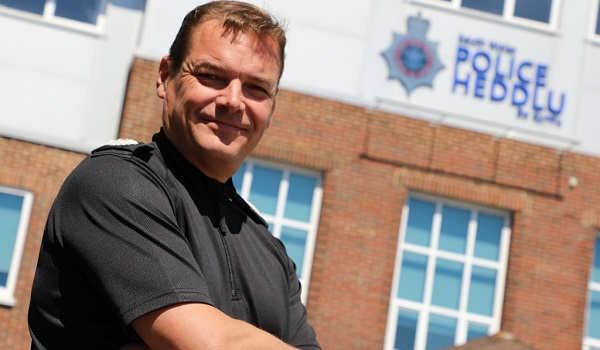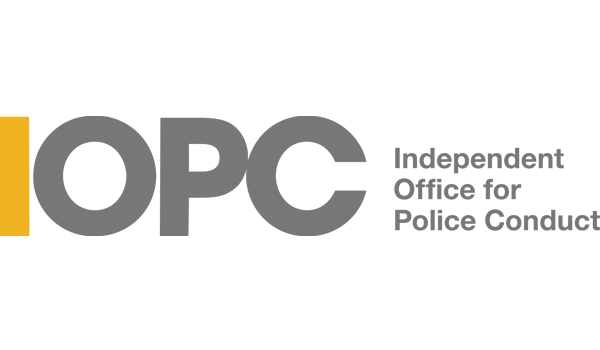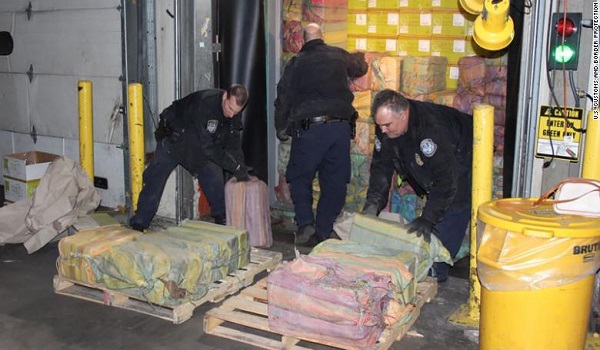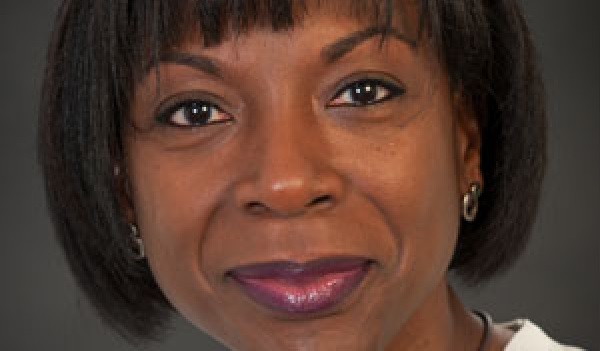Chief officers must have experience responding to child abuse
Officers should have first-hand experience of responding to child abuse before they can reach the upper ranks of policing, an independent inquiry has recommended.
The interim report of the Independent Inquiry into Child Sexual Abuse (IICSA) urged the Home Office to access requirements to the Strategic Command Course so any officers who attain the rank of assistant chief constable or above have operational experience of preventing children being targeted by paedophiles.
The inquiry, chaired by Professor Alexis Jay, also proposed that senior officers should be professionally accredited in responding to child abuse, and called on the College of Policing to put the proper arrangements in place.
It claims these changes are necessary to “raise the awareness of child sexual abuse within police forces, and to ensure that the right culture is developed and maintained”.
The report found institutions have often failed to show “open and honest” leadership in child sex crime cases, such as the mass grooming scandals in Rotherham and Rochdale.
Examining the response to child sexual abuse in Rochdale, the inquiry heard senior leaders deny any responsibility for the lack of an effective response, despite clear evidence they were aware of the offending.
It accused responsible agencies of “prioritising the reputation of political leaders or the reputation of their staff” over victims’ welfare.
The College of Policing has proposed a licence to practise for specialist officers to ensure child sexual abuse cases are investigated with the necessary expertise.
However, the IICSA believes this work alone will not help drive a wider cultural change in policing to improve the response to child sex abuse.
We share the inquiry’s ambition to change the culture around the investigation of child sexual abuse.
Over 1,000 accounts of child sexual abuse have been shared with the inquiry so far through its ‘Truth Project’.
Of the 520 victims and survivors who agreed their accounts could be used for research purposes, six in ten said they were first abused between the ages of four and 11.
Thirty-six per cent reported multiple incidents of abuse, involving more than one perpetrator or institution.
Operation Hydrant – the police investigation into non-recent child sexual abuse – has been referred 1,575 cases by the IICSA.
The investigation has passed these cases to police forces 2,257 times, leading to 14 convictions so far.
As of March this year, 78 per cent of referrals to Operation Hydrant led to no further action, mostly due to a lack of evidence, being unable to trace a perpetrator, death, or victim disengagement with the criminal process.
Among the 17 other recommendations in the report, the IICSA urged the Government to compensate former child migrants who were subject to sex abuse and for civil court reform to ensure victims receive fairer hearings.
It also called for a register of workers in children’s care homes.
The inquiry will now begin examining the work of the internet industry to protect children online.
Chief Constable Mike Cunningham, chief executive officer of the College of Policing, said: “Child sexual abuse has a devastating impact on individuals, families and communities across all sections of society and remains one of the biggest challenges facing the police service today.
“The Independent Inquiry into Child Sexual Abuse is carrying out essential work in examining the ways in which institutional abuse happened over many years. We believe this work to be vital in ensuring that lessons are learnt, including by the police service. We share the inquiry’s ambition to change the culture around the investigation of child sexual abuse.
“We will work with our policing colleagues to consider the report’s recommendations in detail and will respond in due course.”


